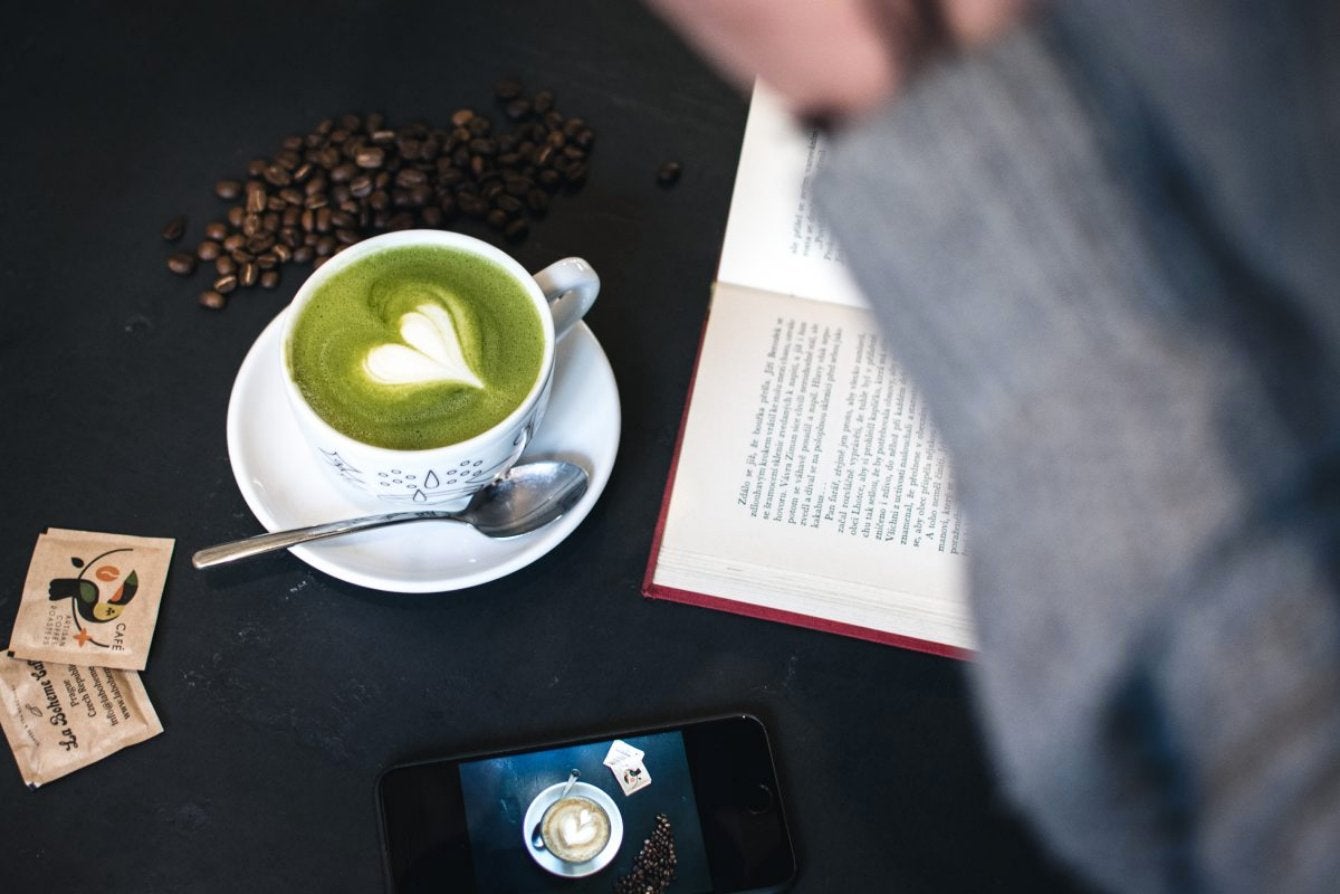How often have you encountered the phrase ‘Romanticize your life’ on the myriad social media platforms drilled into your phone? 2012 had its Tumblr Gothicism, 2015 had handlebar mustaches, and 2019 had the upsurge of TikTok, along with the return of Y2k fashion – ranging from Britney Spears’ replicas to beaded bracelets. We reside in an era that is an amalgamation of all trends falling beneath the 2000s umbrella. Trends have been ‘gen-z-ified’ into social constructs that drastically morph our perception of everything; you name it! May it be simply waking up in the morning with satin pink pillowcases and nonchalantly chugging a greener-than-grass matcha latte before 8 am (which has to be my favourite part of this contemporary movement!), or putting on your favourite pair of flared leggings with a ‘Shakespeare and Company’ tote bag clasped to your arm!
In order to holistically comprehend this topic, we need to punch the numbers on our time machine, right back to the historical background of this well-loved trend. The word, ‘romanticize’ was a crucial part of the ‘Romanticism’ movement that took place in the 18th century, which characterized numerous elements of pre-modern literature, extending from architecture to literary criticism. A lot of emphasis was placed on paintings and other forms of art that portrayed the emotional side of society, as opposed to the pragmatism that overshadowed everything else during the Enlightenment era. This is reflected today in the hyperbolism of daily routines that once used to be reduced to nothing but ‘going about one’s day as it is’.
The appeal of minimalism can be seen in the months we spent in monotony during the pandemic. People were desperate to discover new coping mechanisms to keep themselves out of the misery of focusing on what was going on in the world.
The entire psyche associated with hunting for coping mechanisms without facing the overwhelming reality branches from a multitude of psychoanalytic theories about the nature of human behaviour. Through TikTok for instance, numerous influencers merely idealized the recipe of a simple ‘Dalgona coffee’, which surprisingly took the internet by storm. Along with this, our ideas associated with terms like ‘-core’ and ‘-girl’ aesthetics slowly began replacing the generational-old ideology of subcultures.
This entire ‘coping mechanism’ perception was fabricated into a whole new definition of what we now acknowledge as ‘aestheticism’ or ‘romanticism’. At its root, these subtly enhanced movements extracted from centuries ago are just a way for us to cope or capitalize on our freedom of expression. It has now become localized into the realm of social media.
Personally, I do not think that there is anything wrong with finding your aesthetic in this chaotically mundane world unless it crosses substantial boundaries or dodges reality checks. This refers to ‘denialism,’ which refers to our humanistic urge to produce deceptive thoughts, leading us to swerve over rational things that actually matter to us. So when another famous influencer records themselves yearning for a tangerine latte served with freshly buttered croissants from the oven, you should know that the motive is to aestheticize a simple meal. Thus, the target audience feels the need to feed these mass ideologies revolving around an essential serotonin boost in their daily lives. There are some cons to this, such as stepping into the vast pond of decorative delusion and falling pretty deep into the rabbit hole of denying reality. Through a more positive lens, romanticism is a new way of shaping our productivity, combined with fostering individualistic aesthetics, which is an important aspect of this evolving society.
Usually, the unrealistic expectations that are passed off as a mere silhouette of ‘escapism’ can be more perilous than individuals perceive them to be. Let’s take an example of a Tik-Tok-based genre that has been rising in popularity over the past few months: dating coaches and podcasts. The purpose of these Tik-Toks on a surface level is to provide people with raw advice about how to approach their ‘relationships.’ They may come off as surfing the oversimplification tide, along with pushing a ‘One-size-fits-all’ agenda. These podcasts can be idealized by the general audience, which would later fabricate a myriad of unrealistic expectations.
The target audience of these internet trends is young adults who strive to fit in this chaotically shrivelled world, where everything needs to be compartmentalized for consumption. In summation, these trends can help individuals find their community of like-minded people who enjoy the same things, may it be obsessing over Keurig coffee machines or decorating your Air Forces with coquette-inspired pink ribbons. The internet is evolving into a multidimensional tool to access social acceptability.




